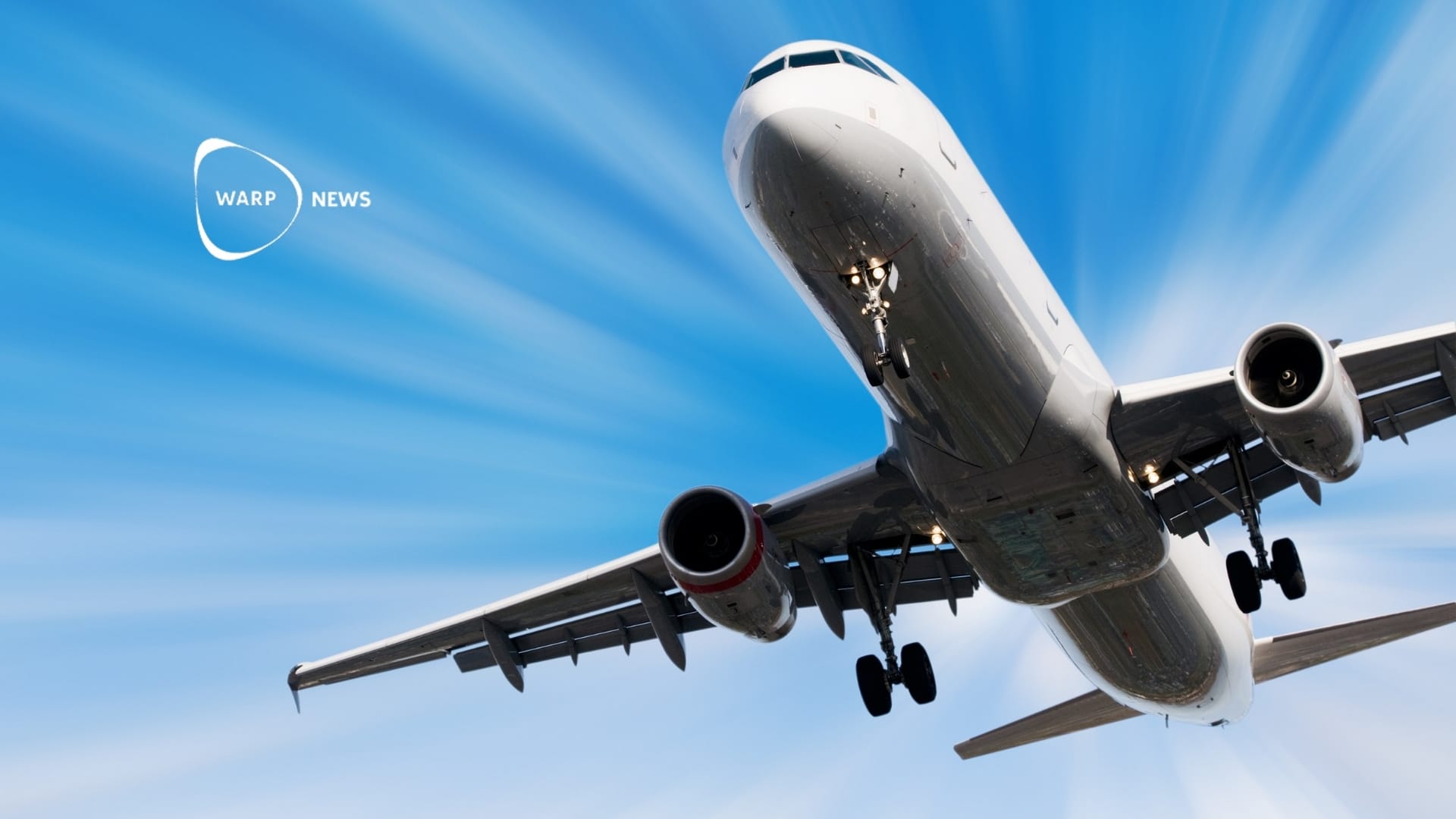📈 Human Progress
In the last decades humanity has made great progress with less extreme poverty, increased health, wealth and democracy. We follow in the tradition of professor Hans Rosling.
🎗️ Decrease in cervical cancer deaths among young women in USA
Cervical cancer deaths among women under 25 have decreased by 60 percent between 2016-2021 in the USA. A study shows zero cases of cervical cancer among women who were vaccinated against HPV at age 12-13.
👶 Sharp global decline in neonatal tetanus
The number of reported cases of neonatal tetanus has decreased by 89 percent between 2000 and 2021. 47 of 59 priority countries have achieved WHO's goals to eliminate tetanus in mothers and newborns.
🌏 World progresses in 18 of 24 global development goals
UN development goals from 2015 show improvements in 18 of 24 measurement areas, including marine protected areas and access to water and sanitation. HIV treatment has made significant progress. Child mortality has decreased by over one million deaths per year.
🛫 US airlines have flown passengers over two light-years without accidents
US commercial airlines have had no accidents since February 2009, equivalent to 13.3 trillion passenger miles. The total flight distance without accidents equals 535 million trips around Earth or 28 million round trips to the Moon.
💣 Historic clearing of ammunition from the Baltic Sea floor
SeaTerra initiates a groundbreaking effort to clear 1.5 million tons of World War II ammunition from the Baltic Sea floor. The company uses the advanced underwater robot Norppa 300 that can work at 300 meters depth around the clock.
🌳 Forests can naturally regrow in area larger than Saudi Arabia, new study shows
Tropical forests can naturally regrow on 215 million hectares of land without trees needing to be planted. If all identified areas were reforested, it would sequester 23.4 billion tons of carbon dioxide over 30 years.
🐕 New project to eradicate rabies in over 50 low-income countries
More than 50 low-income countries can now apply for financial support from Gavi for rabies vaccines and cold storage. North and South America have reduced rabies cases by over 95 percent through dog vaccination.
🚰 Major increase in access to clean water and sanitation in China
Access to safe water in China has increased from 45.7 percent to 91.3 percent between 2000 and 2020. In urban areas, over 95 percent of households now have access to clean water, while rural areas reach 82.4 percent.
💉 Covid vaccines saved 20 million lives during first year of the pandemic
The Covid vaccine saved an estimated 20 million lives globally during the first year the vaccine was available. Data shows that mortality was significantly higher among unvaccinated individuals, particularly during virus outbreaks. At least 25 million people died in the pandemic.








